Search Results for: exoplanet
Skip to resultsCan’t find what you’re looking for? Visit our FAQ page.
344 results for: exoplanet
-
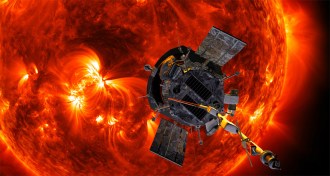 Astronomy
Astronomy2018 was a busy year in space
This year, some missions started exploring the cosmos, while others were winding down.
-
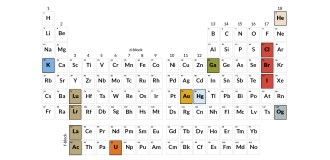 Chemistry
Chemistry150 years on, the periodic table has more stories than it has elements
The organized rows and columns of the Periodic Table hide a rich and twisting history.
-
 Astronomy
AstronomyKnown as the ‘mother of Hubble,’ astronomer Nancy Roman dies at 93
Astronomer Nancy Roman, the “mother of Hubble,” has died.
-
 Astronomy
AstronomyThese 2018 findings could be big news — if they turn out to be true
Discoveries about fossils, the Big Bang and more could shake up the scientific world – if they turn out to be true.
-
 Physics
PhysicsReaders inquire about a Neptune-sized moon, nuclear pasta and more
Readers had questions about a Neptune-sized moon, nuclear pasta and the search for extraterrestrial life.
-
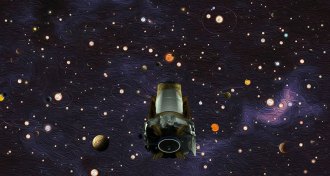 Astronomy
AstronomyThe planet-hunting Kepler space telescope is dead
The Kepler space telescope is officially out of fuel and will hunt planets no more, NASA announced.
-
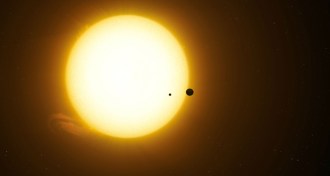 Astronomy
AstronomyHubble may have spotted the first known exomoon
A single sighting with the Hubble Space Telescope seems to confirm that there’s a Neptune-sized moon orbiting exoplanet Kepler 1625b.
-
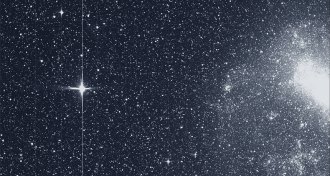 Astronomy
AstronomyThe TESS space telescope has spotted its first exoplanet
TESS’s first exoplanet is twice Earth’s size and may have lots of water.
-
 Astronomy
AstronomyTo boldly go where no robot explorer has gone before
Editor in Chief Nancy Shute discusses the importance of robotic space missions for scientific research.
By Nancy Shute -
 Astronomy
AstronomyJocelyn Bell Burnell wins big physics prize for 1967 pulsar discovery
Astrophysicist Jocelyn Bell Burnell speaks about winning the Breakthrough Prize, impostor syndrome and giving back.
-
 Astronomy
AstronomyAstronomers saw the first mass eruption from a star that’s not the sun
The first coronal mass ejection observed fleeing another star was as massive as scientists expected, but carried less energy.
-
 Astronomy
AstronomyNext to its solar twins, the sun stands out
Our sun has subtly different chemistry from its peers, which may help pinpoint stars with systems like our own.